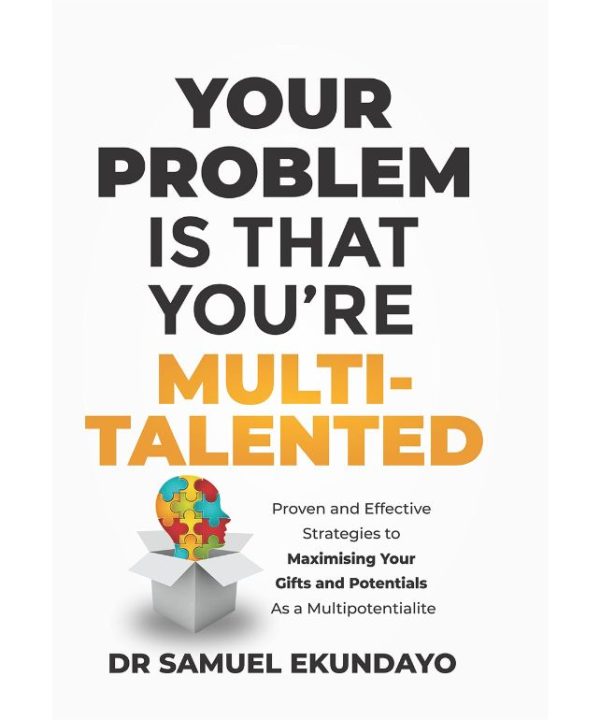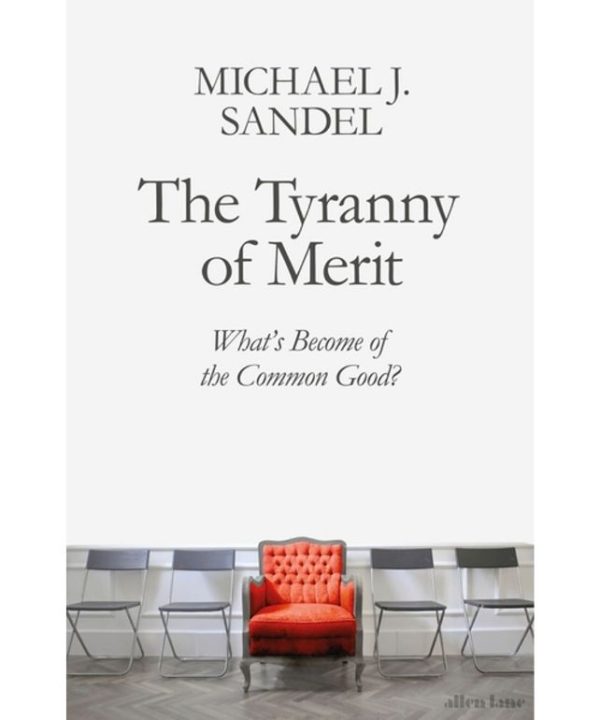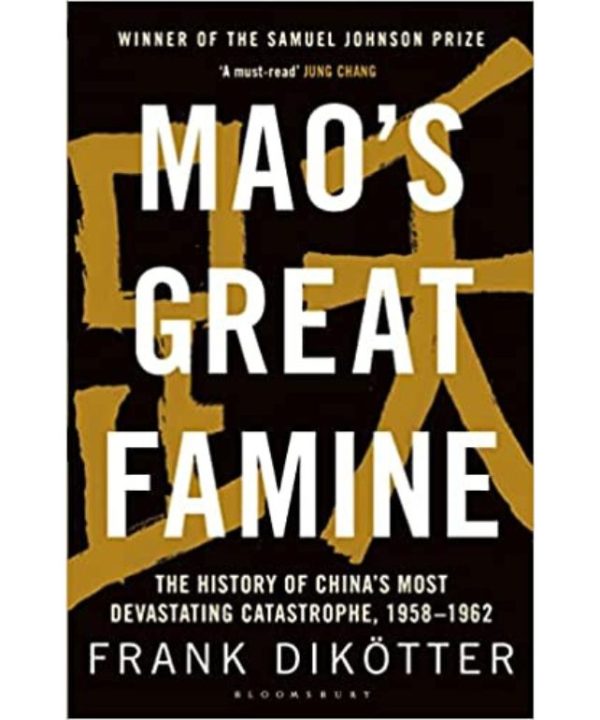-
×
 Purpose in Crisis
3 × ₦5,000.00
Purpose in Crisis
3 × ₦5,000.00 -
×
 Enemies And Neighbours: Arabs And Jews In Palestine And Israel, 1917-2017
1 × ₦25,500.00
Enemies And Neighbours: Arabs And Jews In Palestine And Israel, 1917-2017
1 × ₦25,500.00 -
×
 Your Problem is That You're Multi-talented
2 × ₦5,000.00
Your Problem is That You're Multi-talented
2 × ₦5,000.00 -
×
 One Love
1 × ₦20,000.00
One Love
1 × ₦20,000.00 -
×
 The Pressure Cooker
1 × ₦5,000.00
The Pressure Cooker
1 × ₦5,000.00 -
×
 The parrot in my head
1 × ₦2,000.00
The parrot in my head
1 × ₦2,000.00 -
×
 Nigeria’s First Women
1 × ₦17,500.00
Nigeria’s First Women
1 × ₦17,500.00 -
×
 The Tyranny of the Merit: What's Become of the Common Good
1 × ₦18,500.00
The Tyranny of the Merit: What's Become of the Common Good
1 × ₦18,500.00 -
×
 Of Souls, Ascents & Stillness: Nigerian Contemporary Artists in Abuja
1 × ₦80,000.00
Of Souls, Ascents & Stillness: Nigerian Contemporary Artists in Abuja
1 × ₦80,000.00 -
×
 African Entrepreneurs and their Success Stories
1 × ₦1,500.00
African Entrepreneurs and their Success Stories
1 × ₦1,500.00 -
×
 The Wolf of Wall Street
1 × ₦15,000.00
The Wolf of Wall Street
1 × ₦15,000.00 -
×
 The Road to Character
1 × ₦10,500.00
The Road to Character
1 × ₦10,500.00 -
×
 Against Decolonisation: Taking African Agency Seriously (African Arguments)
1 × ₦20,000.00
Against Decolonisation: Taking African Agency Seriously (African Arguments)
1 × ₦20,000.00 -
×
 How To Change
1 × ₦17,000.00
How To Change
1 × ₦17,000.00 -
×
 Getting Mentorship Right
3 × ₦5,000.00
Getting Mentorship Right
3 × ₦5,000.00 -
×
 Destined for War: can America and China escape Thucydides's Trap?
1 × ₦18,500.00
Destined for War: can America and China escape Thucydides's Trap?
1 × ₦18,500.00 -
×
 The Abundance Mind-Set: Success Stats Here
1 × ₦5,000.00
The Abundance Mind-Set: Success Stats Here
1 × ₦5,000.00 -
×
 Born on a Tuesday
1 × ₦10,000.00
Born on a Tuesday
1 × ₦10,000.00 -
×
 Mao's Great Famine: The History of China's Most Devastating Catastrophe
1 × ₦23,000.00
Mao's Great Famine: The History of China's Most Devastating Catastrophe
1 × ₦23,000.00 -
×
 Feyi Fay Vol 1
1 × ₦1,900.00
Feyi Fay Vol 1
1 × ₦1,900.00 -
×
 Girls Just Want to Run
1 × ₦2,000.00
Girls Just Want to Run
1 × ₦2,000.00 -
×
 The Birthday Story
1 × ₦5,000.00
The Birthday Story
1 × ₦5,000.00 -
×
 Love Is Power, or Something Like That
1 × ₦7,500.00
Love Is Power, or Something Like That
1 × ₦7,500.00 -
×
 It Ends With Us
1 × ₦15,000.00
It Ends With Us
1 × ₦15,000.00 -
×
 What About Me?: Get Out of Your Own Way and Discover the Joy of an Unselfish Life
1 × ₦20,000.00
What About Me?: Get Out of Your Own Way and Discover the Joy of an Unselfish Life
1 × ₦20,000.00 -
×
 Africa Rise and Shine: How a Nigerian Entrepreneur from Humble Beginnings Grew a Business to $16 Billion
1 × ₦15,000.00
Africa Rise and Shine: How a Nigerian Entrepreneur from Humble Beginnings Grew a Business to $16 Billion
1 × ₦15,000.00 -
×
 Easy Motion Tourist
1 × ₦10,000.00
Easy Motion Tourist
1 × ₦10,000.00 -
×
 Bank of Deposits
1 × ₦2,000.00
Bank of Deposits
1 × ₦2,000.00 -
×
 Stinrence Value Cards
1 × ₦4,000.00
Stinrence Value Cards
1 × ₦4,000.00 -
×
 Making Africa Work: A Handbook
1 × ₦7,500.00
Making Africa Work: A Handbook
1 × ₦7,500.00
The Rise and Fall of the EAST
₦44,000.00
The long history of China’s relationship between stability, diversity, and prosperity, and how its current leadership threatens this delicate balance
A Foreign Affairs Best Book of 2023
Chinese society has been shaped by the interplay of the EAST—exams, autocracy, stability, and technology—from ancient times through the present. Beginning with the Sui dynasty’s introduction of the civil service exam, known as Keju, in 587 CE—and continuing through the personnel management system used by the Chinese Communist Party (CCP)—Chinese autocracies have developed exceptional tools for homogenizing ideas, norms, and practices. But this uniformity came with a huge downside: stifled creativity.
3 in stock










Reviews
There are no reviews yet.